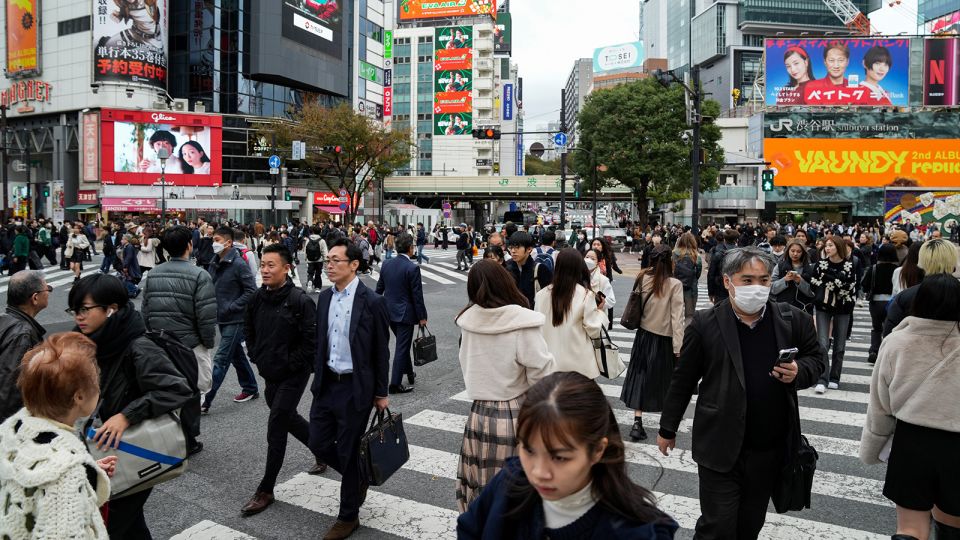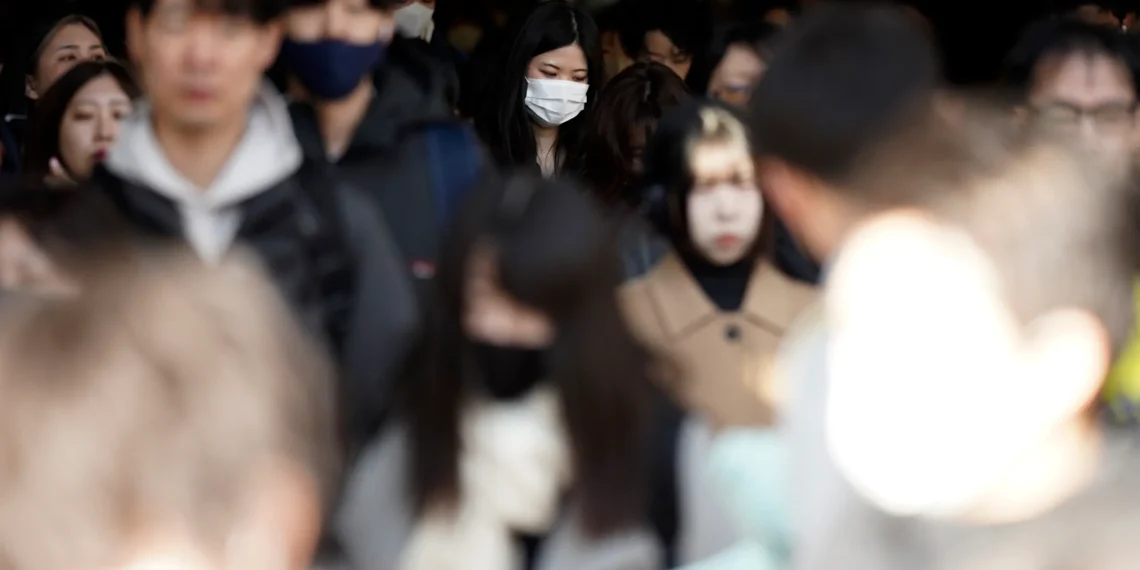Japan’s economy faces unexpected hurdles as weak domestic consumption pushes it into recession, dropping its global ranking to fourth behind Germany. The Cabinet Office reported a 0.4% annualized contraction in GDP for the last quarter of 2023, following a 3.3% dip in the previous quarter, marking a recession.
Contrary to forecasts, domestic demand, particularly consumer spending, plummeted, while exports remained positive.
Private consumption, constituting half of the economy, declined by 0.9%, reflecting consumer struggles with rising prices for essentials due to a weakened yen. Japan’s heavy reliance on imports for energy and food exacerbates the cost-of-living challenge.
Additionally, a recent earthquake further dampened spending sentiments. Capital expenditures fell for a third consecutive quarter, with housing investments plummeting by 4%.
However, external demand bolstered growth, with exports rising by 11% due to the yen’s depreciation. Despite the recession, Japan’s stock market remained robust, with the Nikkei 225 reaching levels not seen since 1990.
Economists anticipate a moderate recession recovery in the coming months, driven by stabilized inflation and wage growth. Positive indicators include a drop in unemployment to an eleven-month low and strong business sentiment, suggesting resilience beyond headline GDP figures.

Analysts expect upward revisions in GDP figures and predict a rebound in capital expenditure and inbound consumption. Market optimism persists, with Japan’s equities market being Asia’s top performer in 2023, propelled by corporate reforms and a favorable exchange rate benefiting exporters.
Despite economic setbacks, Japan’s markets reflect resilience and investor confidence, hinting at a potential turnaround in the near future.





